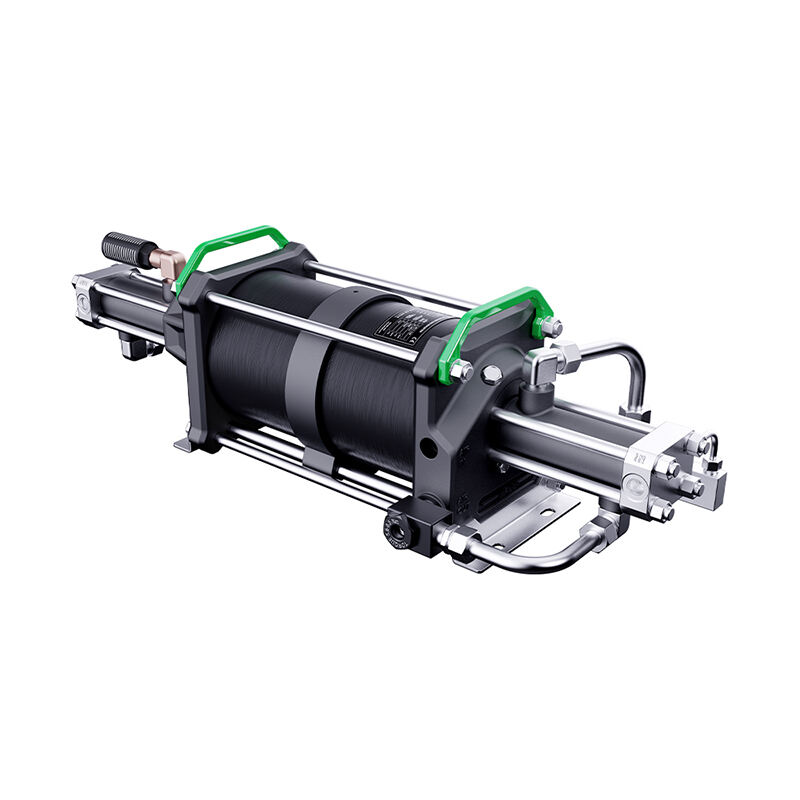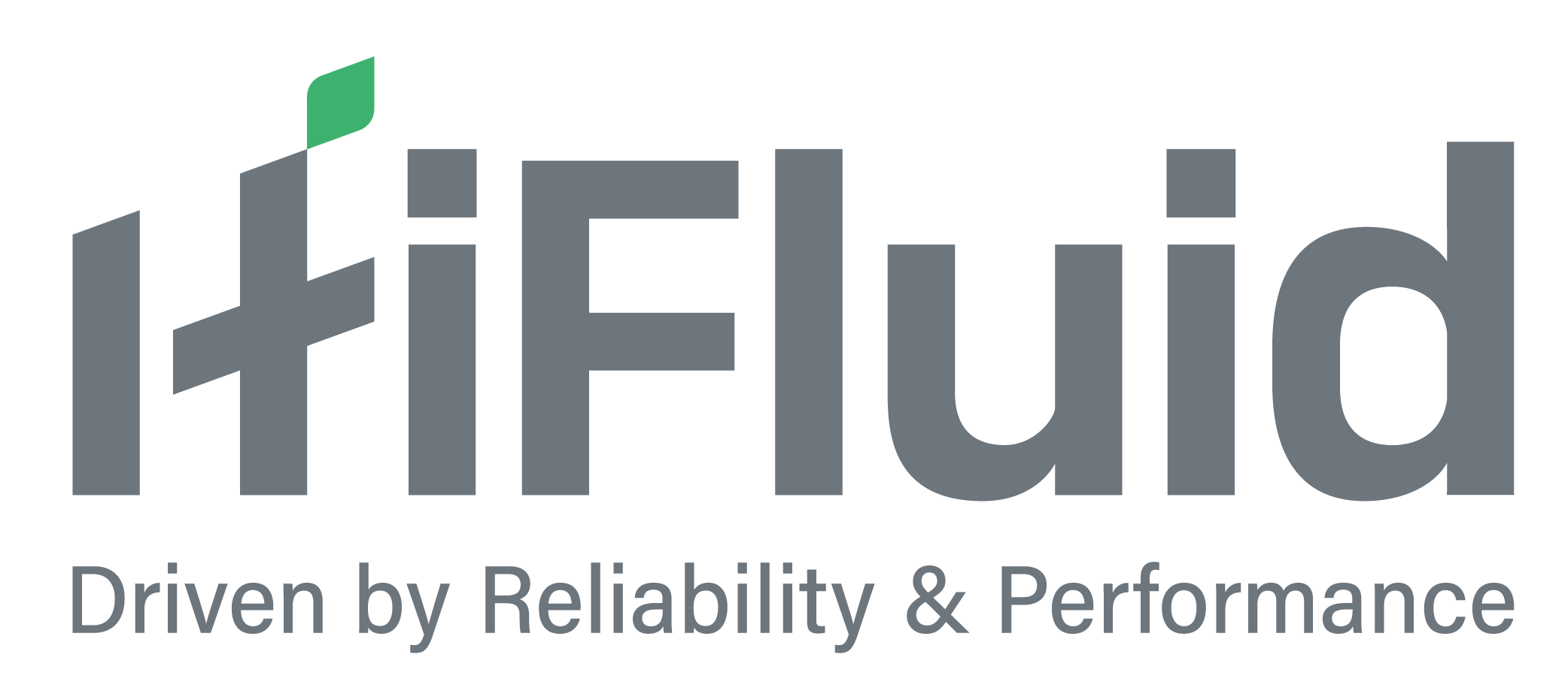ガスブースターポンプは,様々な用途でガス圧力を高めるのに不可欠です. このポンプ の 働き方 や その 特徴 を 理解 する こと に よっ て,あなた の 必要 に 適う ポンプ を 選べば 適切な 判断 を する こと が でき ます.
作業原則
行動メカニズム
ガスの圧力を高めるためにガスを圧縮することで動作します この圧縮を達成するためにピストンや弁のメカニズムを使用します 活塞が動くと,ガス室の体積が減り,ガス圧力が上がります このプロセスによって 体の必要に応じて 圧力を維持できます
ガスのブースターポンプの種類
各種が特定の用途のために設計されています 電気の供給は 圧力ポンプは高圧作業で人気があり,水力ポンプは精密な制御を提供します. 機械駆動ポンプは工業用で 強力な性能を備えています 適切なタイプを選ぶのは 特定のニーズと 活動環境によって異なります
主な特徴
圧力範囲
ガスのブースターポンプを考慮する際には,その圧力範囲に注意を払うべきです. このポンプは,時には36,000psiまで到達する,重要な出力圧を達成することができます. システム の 圧力 要求 を 理解 する こと に よっ て,過剰 に 働か ず に その 必要 を 満たす ポンプ を 選べ ます.
効率 と 信頼性
効率性と信頼性は ガスブースターポンプの重要な要素です エネルギー消費を最小限に抑え 運用コストを削減するために効率的に動くポンプが必要です 信頼性の高いポンプは 安定した圧力レベルを維持し,システム障害を防止し,円滑な動作を保証します. これらの機能を持つポンプを選べば システム全体の性能と寿命が向上します
ガス 増強 ポンプ の 活用 の 利点
システム 性能 の 改善
ガスのブースターポンプは システム性能を大幅に向上させる これらのポンプを使用することで,最適な効率を上げ エネルギー消費を削減できます
効率 を 向上 さ せる
ガスブースターポンプを組み込むと システム効率が著しく向上します このポンプはガスを 必要な圧力レベルまで圧縮し 設備が最高性能で 動作することを保証します この効率は 処理時間が短く 生産性が向上します
エネルギー 消費 減少
エネルギー消費はコスト効率の良い 運営を維持する上で 課題となる場合が多い. ガスブースターポンプは 圧力を最適化することで この問題を解決します これにより システムの動作を維持するために必要なエネルギーを 減らすことができます エネルギー代を削減し 環境に貢献できます
安全性と信頼性
安全性と信頼性は どの操作でも 極めて重要です ガスブースターポンプは 安定した圧力を維持し システムの故障を防止し 操作を円滑にします
恒常的な圧力維持
安定した圧力を維持することは システムの安全操作にとって重要です ガスのブースターポンプは,圧力レベルが安定して保たれ,機器の損傷や安全上の危険をもたらす圧力変動のリスクを軽減します.
システム障害の予防
システムに障害がある場合 作業が妨げられ 費用がかかる修理が必要になります ガスのブースターポンプを使用することで,このような故障のリスクを最小限に抑えます. このポンプは 信頼性の高い圧力制御を 提供し 停滞や機器の損傷を引き起こす問題を 防ぐことができます
産業間での応用
ガスのブースターポンプは様々な産業で広く応用され,運用効率と安全性を向上させます. これらの用途を理解することで ポンプが 特定のニーズに どう役立つかを 特定できます
工業用途
製造業
製造業界では 安定した圧力レベルを維持するために ガスのブースターポンプに頼ります このポンプは機械が効率的に動作することを保証し,停滞時間を短縮し 生産性を高めます 溶接 切削 鋳造などのプロセスにおいて 極めて重要です 溶接や切断などで 溶接や切断などで 溶接や切断などで 溶接や切断などで 溶接や切断などで 溶接や切断などで 溶接や切断などで 精度が高く,質が高く 製品 生産ラインの効率化も
石油とガス
石油・ガス産業は 採掘・加工のために高圧環境を必要とします ガスブースターポンプは,天然ガスと石油の輸送と精製に必要な圧力を供給することで,この分野において重要な役割を果たしています. このポンプはガスパイプラインの効率を向上させ 安全なガス輸送を保証します この信頼性は 継続的な運用を維持し 高額な障害を防ぐために不可欠です
商業用および住宅用
暖房・冷却システム
効率的な暖房と冷却のために,最適なガス圧力を維持することが重要です. ガスの流れが一貫しているようにします ガスブースターポンプは,ガスの流れが一貫しているようにします この一貫性により HVAC ユニットの性能が向上し,よりよい温度調節とエネルギー節約につながります 住宅や商業用スペースの快適さと効率を向上させることができます
水処理
浄水設備は,効率的な過濾と浄化プロセスを確保するために,精密な圧力制御が必要です. ガスのブースターポンプは,これらの操作に必要な圧力レベルを維持するのに役立ちます. これらのポンプを使うことで 浄水システムの効率を向上させ 清潔で安全な水供給を 保証できます この応用は,市営水処理施設と産業用水処理施設の両方に不可欠です.
適切な ガス 増強 ポンプ を 選べ
適切なガスのブースターポンプを選択することは システムの最適なパフォーマンスと効率を確保するために重要です 特定のニーズに合致する 知識に基づいた決定を下すには いくつかの要因を考慮する必要があります
考慮 する 理由
システム要求
まず システムに 必要なものを 評価してください 必要な圧力レベルと 作業するガスの種類を 決めましょう 異なる用途では,異なる圧力範囲とガス種類が求められます このニーズを理解することで システムに過負荷をかけずに 運用要求を満たすポンプを選択できます
予算 と 費用 効率
予算は意思決定プロセスにおいて重要な役割を果たします ポンプのコストと長期的運用費を評価する. 初期費用は重要ですが ポンプの効率と メンテナンス必要性を考慮してください より効率的なポンプは 初期費用が高くなるかもしれませんが 時間の経過とともに エネルギー消費と保守費を節約できます
避ける べき 常 に 起き て いる 間違い
維持 必要 を 見過ごし
維持 作業 は ガス 増強 ポンプ の 長寿 と 信頼性 に 欠かせない もの です. ポンプ を 選ぶ とき に 維持 作業 の 必要 を 忘れて は なら ない. 定期 的 に 整備 する こと に よっ て,ポンプ が 効率 的 に 動作 し,予期 さ れ ない 障害 を 防ぐ こと が でき ます. 費用のかかる修理や停電を避けるために,手軽に保守可能な機能と明確な保守スケジュールを持つポンプを選択してください.
互換性 に 関する 問題 を 無視 する
互換性も重要な要素です 選択したガスのブースターポンプが,既存のシステムとインフラストラクチャと互換性があるか確認してください. 互換性を無視すると 機能が低下し 機器にダメージが及ぶ可能性があります ポンプの仕様が システム要件に合致しているかを確認し,シームレスな統合と最適なパフォーマンスを確保します.
この 要因 を 考慮 し て,よく 犯す 間違い を 避ける こと に よっ て,システム の 性能 や 信頼性 を 向上 さ せる 適切な ガソリン ポンプ を 選べ ます.
ガスブースターポンプは,様々な用途でガス圧力を高めるのに不可欠です. システムが効率的で信頼性のある 動作を保証します このポンプを使うことで システム性能と安全性にとって 重要な 最適な圧力レベルを維持できます 未来を展望する際,ガスのブースター技術の進歩は,さらに効率性と信頼性を高めることを約束します. 革新により よりコンパクトな設計と エネルギー消費の改善が 可能になるかもしれません これらの進展について常に情報を受けることは,あなたのニーズに最適な選択をするのに役立ちます.

